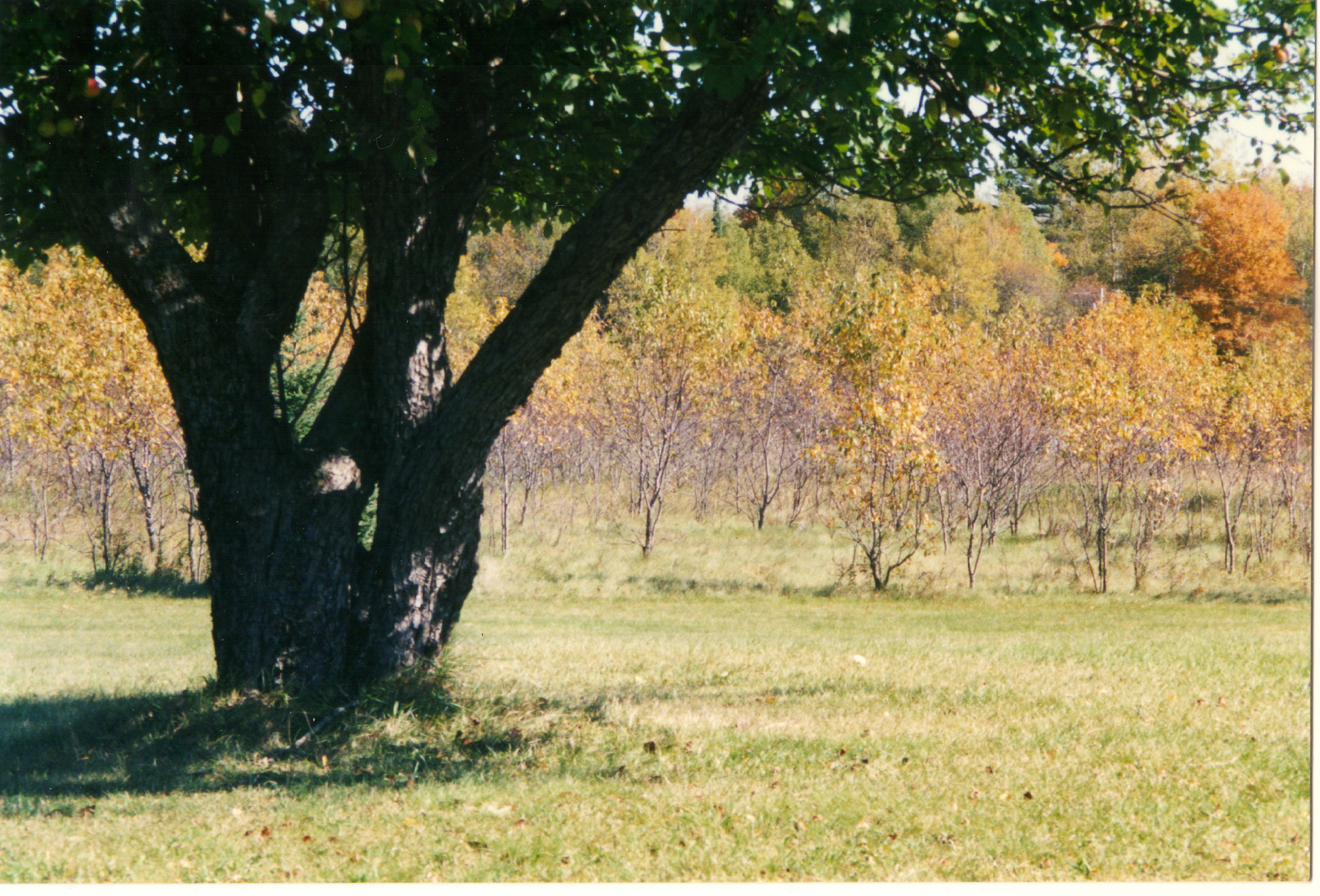Note: I’m cleaning out the drafts in my WP dashboard and I came across this one from Oct. 1, 2013. I’ve added a few lines at the end.
Right now I’m revisiting Trinh T. Minh-ha’s chapter, “Grandma’s Story” as I think through how to structure and shape my stories. I first encountered this chapter in my second semester of graduate school, way back in 1997. Eventually, I used it in my doctoral exams (2003) and the second chapter of my dissertation (2006). Four quotations from it were also featured in the second farm film. It’s very helpful to revisit it now; it’s enabling me to think through my own resistances to certain forms of storytelling. Here’s a passage that is particularly thought-provoking:
It’s Not just a story.
I do not remember having asked grandmother once whether the story she was telling me was true or not. Neither do I recall her asking me whether the story I was reading her was true or not. We knew we could make each other cry, laugh, or fear, but we never thought of saying to each other, “This is just a story.” A story is a story. There was no need for clarification….
Trinh T. Minh-ha
As a storyteller, my mom often embellished the truth. She liked to exaggerate experiences or make small details more significant than they might actually have been. She also liked to shape the facts to fit her current perspective.
Mostly, I love my mom’s passion for storytelling and her wondering, curious, imaginative spirit. I loved hiking through the woods and listening to her tell stories about Finnish immigrant women or Grandma Ines and how she picked raspberries with her sister Tynie. But, her storytelling did have a dark side. The meanings she created were often too exaggerated, crafted not only to make sense of our experiences, but to fit with the realities that she needed to believe existed in order to cope with difficult situations. While these stories were never just stories, they often ignored events, experiences, feelings that didn’t fit with the meaning that she wanted to create at that moment.
As I think about my mom’s storytelling, I’m reminded of something that she said during her second interview in 2002:
When you’re trying to explain how you feel about something, or what your relationship to that place or thing is or to other people, it is so often clouded by the particular events that are happening at that particular moment in your life.
Judith Puotinen
Here my mom suggests that our stories are “clouded” by our current experiences/situations in ways that we don’t always recognize. She’s talking specifically about my dad’s first interview (shot in 2001) and how, as he tells stories about the farm, he seems to be deeply affected by his recent struggles with leaving his job. I wonder, how much of her own embellishment of experiences/histories/events in her storytelling was deliberately crafted, and how much of it was an unconscious effort to make sense or or endure her situation? Maybe this shouldn’t be an either/or question, but a both/and explanation.
Part of my project involves reflecting on why and how we tell stories. So, in the upcoming months, I want to keep pushing at questions about storytelling and its relationship to truth/Truth. What’s the difference between embellishment and manipulation? How do I tell stories? Do I, like my mom, use them to cope and craft the worlds in which I want to live?
